Painful to preserve "cultural forest"
At nearly 70 years old, sometimes having to compromise with his “protest” knee, but Dr. Tran Huu Son’s love for field trips and returning to his people seems to have not changed. He still goes, still listens, still follows every little change in the cultural life of ethnic groups. He does not talk much about awards, although he was recently awarded the Knight of the Academic Palms Medal by the French Government as a noble recognition for his persistent contributions to promoting cultural cooperation and preserving heritage. For him, the greatest reward is seeing values that seemed to have been lost being cherished and revived in life by the community.
After a major surgery that affected his vocal cords, his voice became weaker, but that did not stop him from being passionate when talking about culture. Every time we met, he still enthusiastically talked about ongoing projects such as: The program to digitize the cultural heritage of highland folklore; building a database of indigenous knowledge of ethnic minorities; or the network of "living human treasures" to connect folk artists with the younger generation... Not noisy, not ostentatious, he was calm like the way he lived and worked for the past several decades.
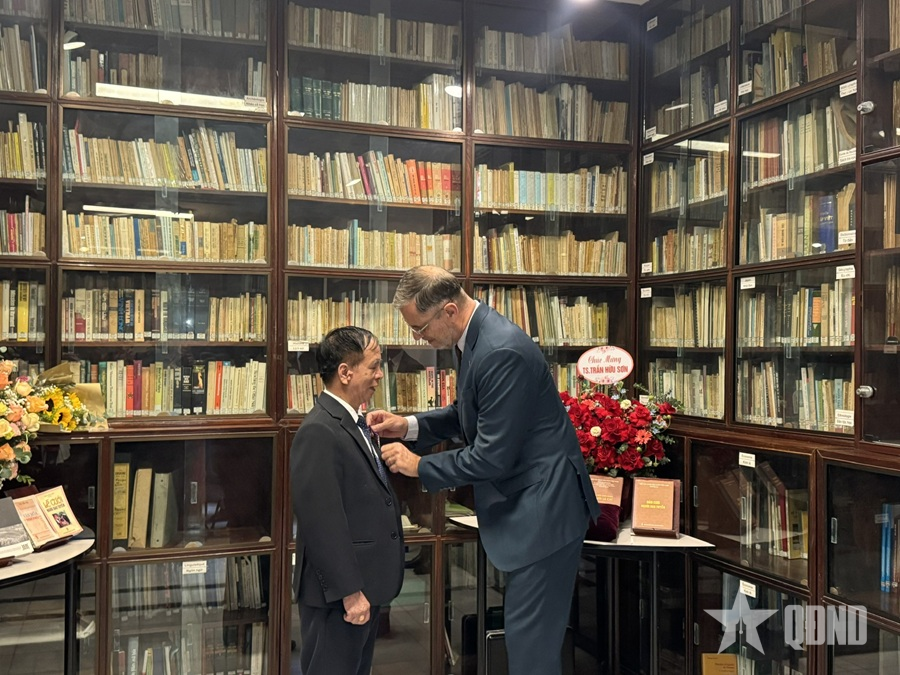 |
| French Ambassador to Vietnam Olivier Brochet, representing the French Government, presented Dr. Tran Huu Son with the Knight of the Academic Palms Order for his special contributions in the fields of culture andeducation . Photo provided by the character. |
Since he was the Director of the Department of Culture, Sports and Tourism of Lao Cai province, Dr. Tran Huu Son has not chosen the desk-based management style. He has traveled to every village, sat by the fire with village elders and artisans, and listened to stories about each ritual and each ancient song... It was also from those trips that he clearly saw the silent but drastic changes taking place: Traditional brocade costumes gradually disappeared, original rituals were shortened, and meaningful patterns on the dresses of the Mong and Dao people were no longer understood and preserved by the younger generation. "There are cultural features that are still alive and well like the last flame waiting for more firewood," he said. That concern did not stop at emotions, but became a driving force for action. He proposed to restore traditional festivals, restore craft villages, compile folk song and dance documents, and help culture revive from within the community.
During his journey, Dr. Tran Huu Son witnessed that in the Ha Nhi villages of Y Ty (Lao Cai), which were once famous for their sophisticated hand-woven linen techniques and colorful costumes with bold identities, today, that image has gradually disappeared. People have become accustomed to wearing industrially produced costumes from China. In Muong Te (Lai Chau), a similar situation occurred when cheap industrial fabrics and eye-catching designs "overwhelmed" the home-woven brocade fabrics containing a treasure trove of culture. Even the Mong people, who are famous for their skillful needlework, no longer have many families that teach their daughters to embroider from a young age. "Many Mong children in the highlands now only know about colorful mass-produced flared skirts and no longer understand the meaning of the patterns on their mother's shirts," Dr. Tran Huu Son sighed, his voice full of sorrow, because each pattern, each embroidery is a story, a memory, a part of the soul of the nation.
The change does not only occur in costumes. It permeates and spreads to living spaces, customs, practices, and even belief systems - the things that make up the cultural soul of each ethnic group. In many highland areas, the phenomenon of "fading" of national cultural identity is becoming more and more common. Ethnic groups belonging to the Mon-Khmer language group such as Khang, Mang, and Kho Mu are facing the risk of being swept away from their traditional cultural roots. More alarmingly, some traditional festivals have been transformed and commercialized; original rituals have been "abridged" and "staged" to the point of losing their original sacred meaning.
Fueling the legacy
Despite seeing great challenges, Dr. Tran Huu Son is not pessimistic. He believes that, parallel to the trend of “flattening”, where culture is erased, is a hopeful renaissance trend, where identity is re-affirmed as a unique and irreplaceable identifying value.
“Cultural identity does not make us backward. On the contrary, it is a “passport” that helps us integrate. The world does not need another person who is exactly like everyone else. The world needs unique identities,” he shared passionately at the 2021 National Cultural Conference. From these profound perspectives, Dr. Tran Huu Son not only stops at academic research but also actively builds practical models. He encourages localities to build community cultural spaces, help preserve traditional festivals, restore fading craft villages and honor artisans - the “living human treasures” of the nation.
In Lao Cai, he was the one who proposed to restore the Gau Tao Festival of the Mong people, a festival closely associated with their beliefs and spiritual life; restore the Sa Pa Love Market, a unique cultural feature that attracts tourists; develop community tourism closely associated with the typical cultural space of the Tay and Dao people... He also directly directed the compilation of books on folk songs, folk dances, and folk music of ethnic minorities, which he called "living documents". "We must let culture live in the heart of the community, not just exist on paper", he said, his eyes full of determination.
Many years have passed, but every time memories come back, touching on stories about heritage and small hydropower, Dr. Tran Huu Son still felt his heart filled with emotions. He said that in the years 2000-2010, the pressure kept pouring down, he was "surrounded on all sides", feeling like Don Quijote in the middle of a battle with giants, when Lao Cai was bustling with small hydroelectric projects, proposals to build factories near or even right in the heart of the ancient stone monument of Sa Pa were stirring. Under the pressure of economic development, he persistently fought with arguments, with science and with the persuasion from the heart of a person who was closely attached to the heritage. Thanks to that, the ancient stone monument was kept intact, and he was affectionately called by his colleagues: "The keeper of the cultural forest".
From community cultural space models to activities connecting artisans with the younger generation, Dr. Tran Huu Son always aims for one thing: to bring culture back to its rightful place in life. Many people say that if it weren’t for people like him, many beautiful cultural features of the highlands would have been forgotten amid the waves of modernization. But he has never claimed to have done anything great. He only says: “I try to preserve what hasn’t been lost yet and pass it on to those who still want to preserve it.” Knight or not, he is still a man of the villages. A man who has devoted his life to every folk song, every worship painting, every hand-embroidered linen skirt. A man who quietly keeps the flame alive, so that the cultural forest does not die out.
Field trip supplies are instant noodles and dong leaves.
Amidst the noise of cultural forums, Dr. Tran Huu Son still maintains the demeanor of a true professional: Quietly reading, diligently researching, and simply eating and living with his fellow countrymen. The saying he often mentions when meeting the younger generations is: "Don't just see the beauty in other people's cultures and forget your own beauty." He believes that if each person, each community knows how to be proud, knows how to live and preserve their own culture, they will never lose their identity, no matter where they are, no matter how deeply they integrate.
When talking about his field trips, Mr. Son began with a humorous confession that he had to “initiate” a special course: Learn to drink alcohol. But the first lesson, also a painful lesson, was: Before setting foot on the “visit”, one must definitely visit the female teachers in the village first! The purpose? Simply to “do educational work”, get a bowl of cold rice early or a pack of instant noodles to warm the stomach, then feel secure to sip tea all evening. Miraculously, when the host had a little alcohol, all the customs, all the secrets, all the stories of life poured out like a stream. Mr. Son said that even though he asked questions until late at night, the next morning, when his head was still spinning like a top, he still followed the host to the fields. When he returned in the evening, he “camped” at the teacher’s house in the village, temporarily munching on cassava and sweet potatoes to get through the meal. A teacher even took pity on him and showed him a "secret" way to sober up: Squeeze fresh dong leaves and drink a bowl of "magical" green water. If dong leaves are not available, use vitamin C tablets to "fix" the problem. Only then will he have enough strength to continue the story from day to week...
He shared a special “trick” when working with artisans who “each had their own way of telling stories, and it was all chaotic!”. At that time, he had to resort to a “reconciliation drink”. He gave money to the host, slaughtered a chicken, took 1 liter of good wine, and invited 4-5 other artisans. When the wine had soaked in and his spirit was uplifted, he began to recount the events they had just provided, pointing out the differences. Then a heated “war” of debate broke out. The artisans took turns explaining and defending themselves, and finally came to an agreement.
Not only a researcher, Dr. Tran Huu Son is also a keeper of “community memory” in the midst of the modern vortex. For him, culture is not a splendid decoration on the outside but the core, the survival of a nation. Therefore, his journey, though quiet, still shines like a torch in the deep forest, illuminating the way for those who are wondering between identity and modernity, between preservation and integration. And above all, if we lose our identity, we are no longer ourselves.
| Dr. Tran Huu Son was born in 1956 and began his academic career at the Faculty of History, Hanoi University of Science in 1974 (now the University of Social Sciences and Humanities, Vietnam National University, Hanoi). In addition to his administrative work, he pursued a research career and successfully defended his PhD thesis in Ethnology in 1996. Dr. Tran Huu Son initiated and coordinated many valuable programs on the preservation and promotion of cultural heritage, linking cultural factors in the development process, environmental protection and the study of ethnic minorities. During more than 40 years of work, he not only published many books and professional articles but also played an important role as a bridge in Vietnam-France academic cooperation in the field of ethnology. |
SONG HA
Source: https://www.qdnd.vn/phong-su-dieu-tra/cuoc-thi-nhung-tam-guong-binh-di-ma-cao-quy-lan-thu-16/nha-dan-toc-hoc-miet-mai-di-tim-ho-chieu-van-hoa-cho-dong-bao-836718


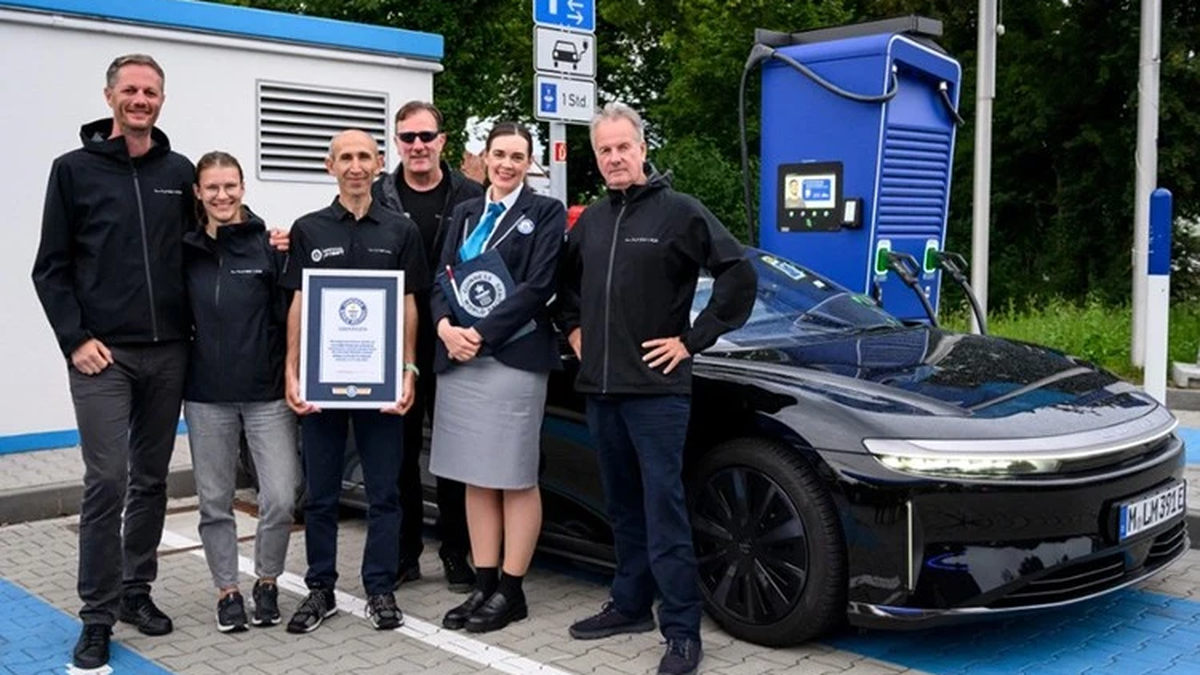
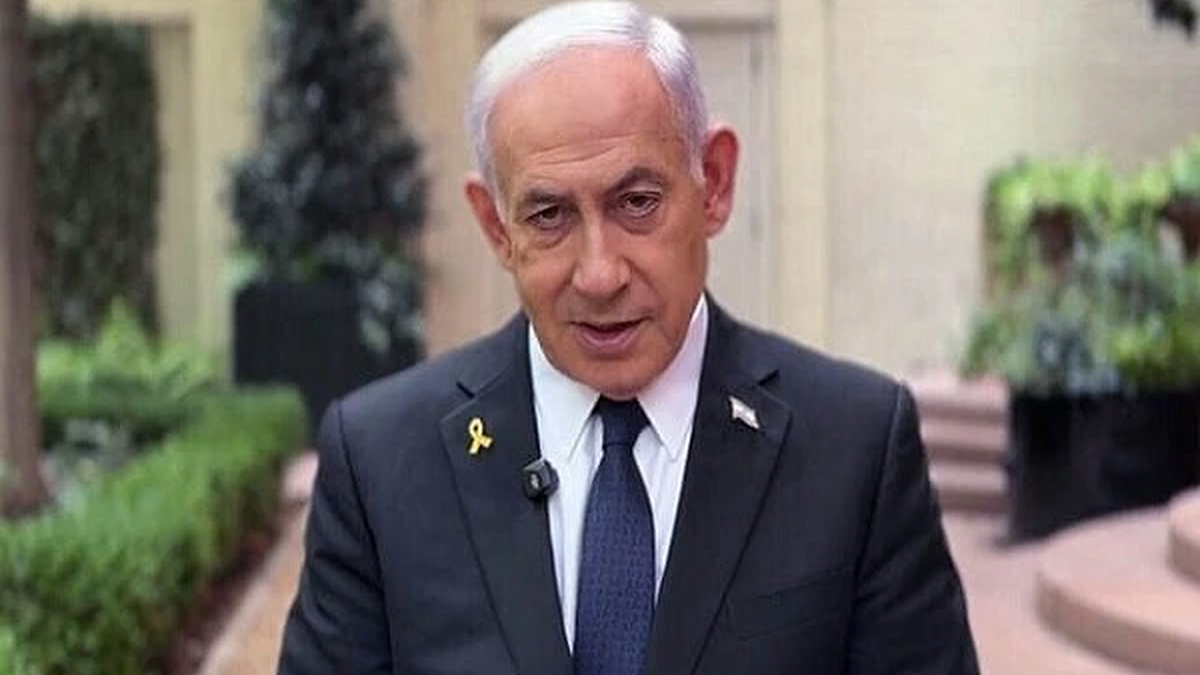
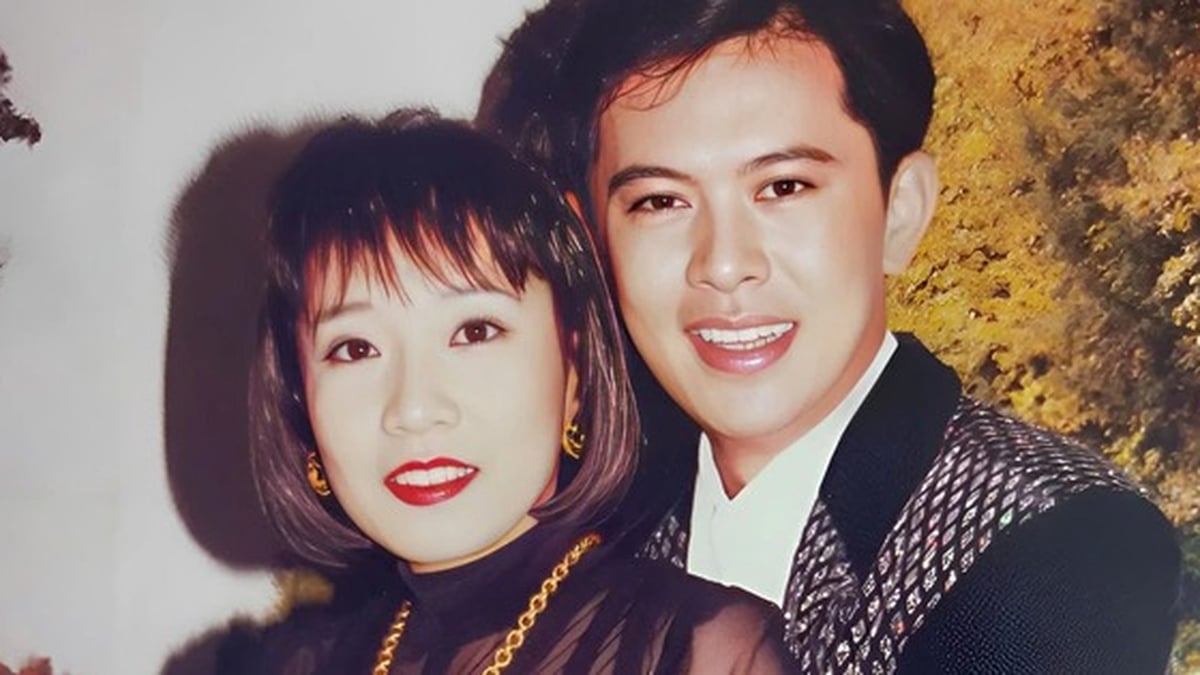
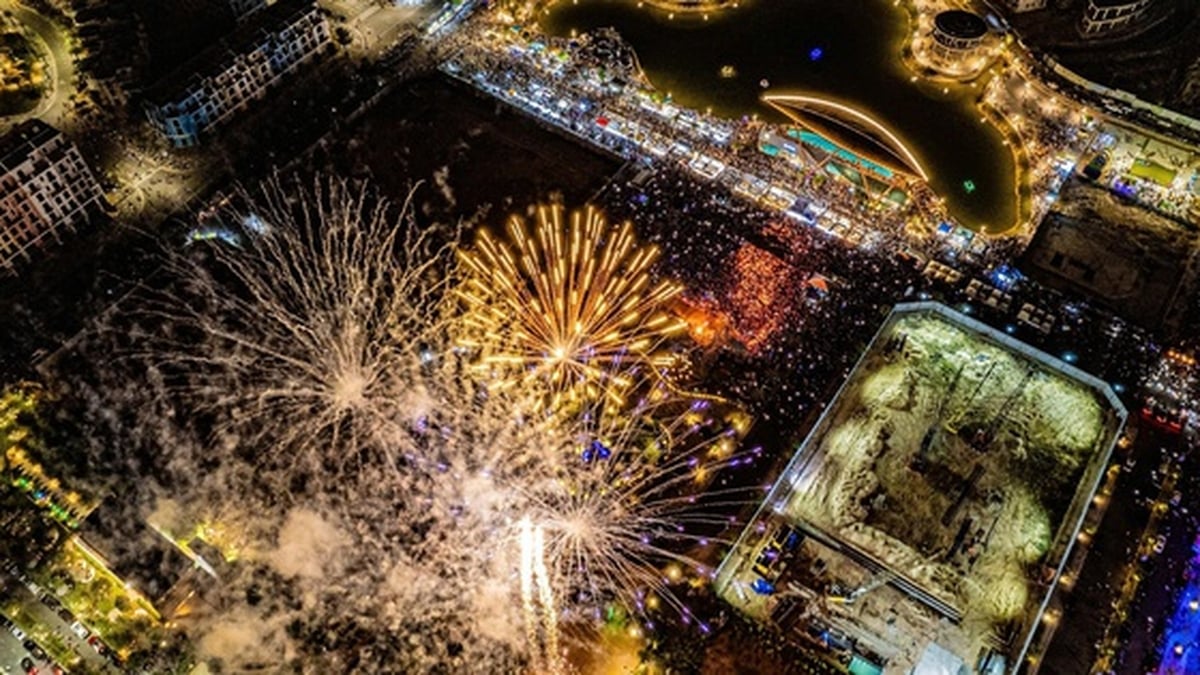
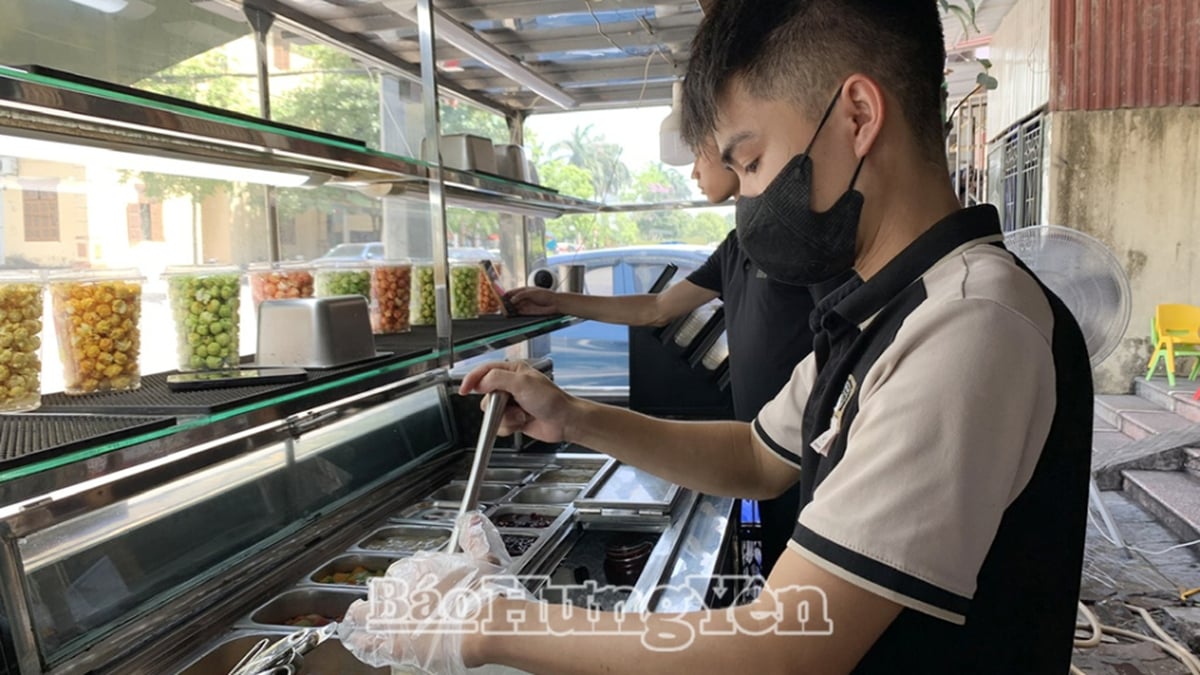
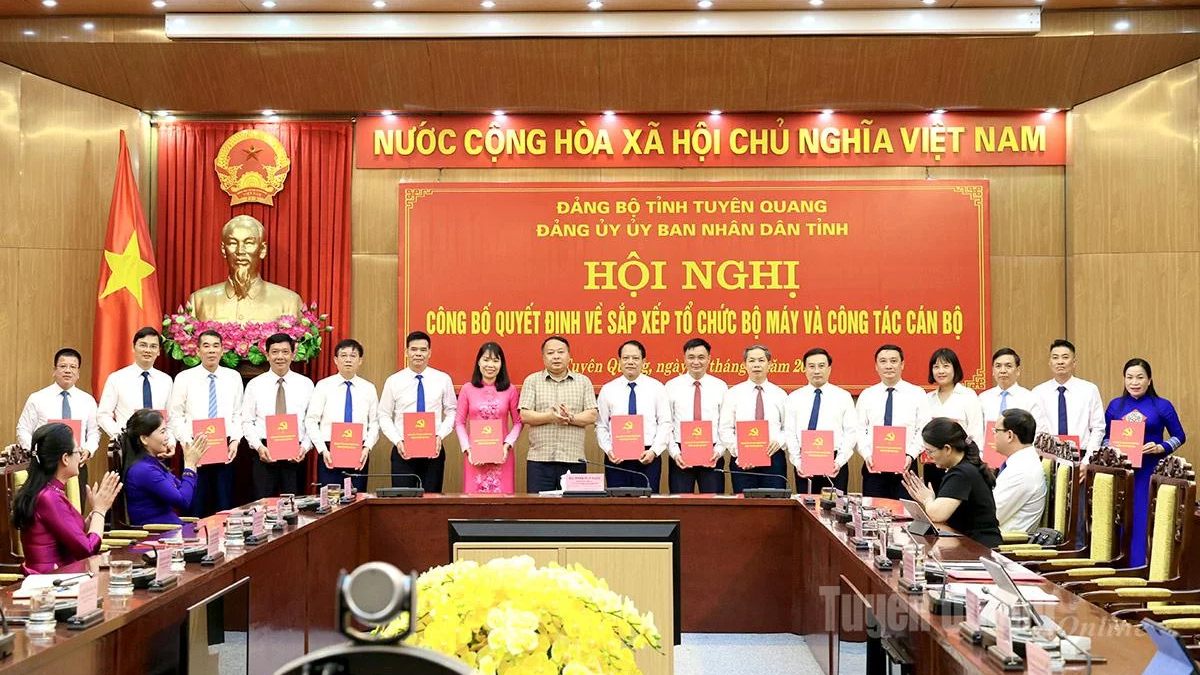
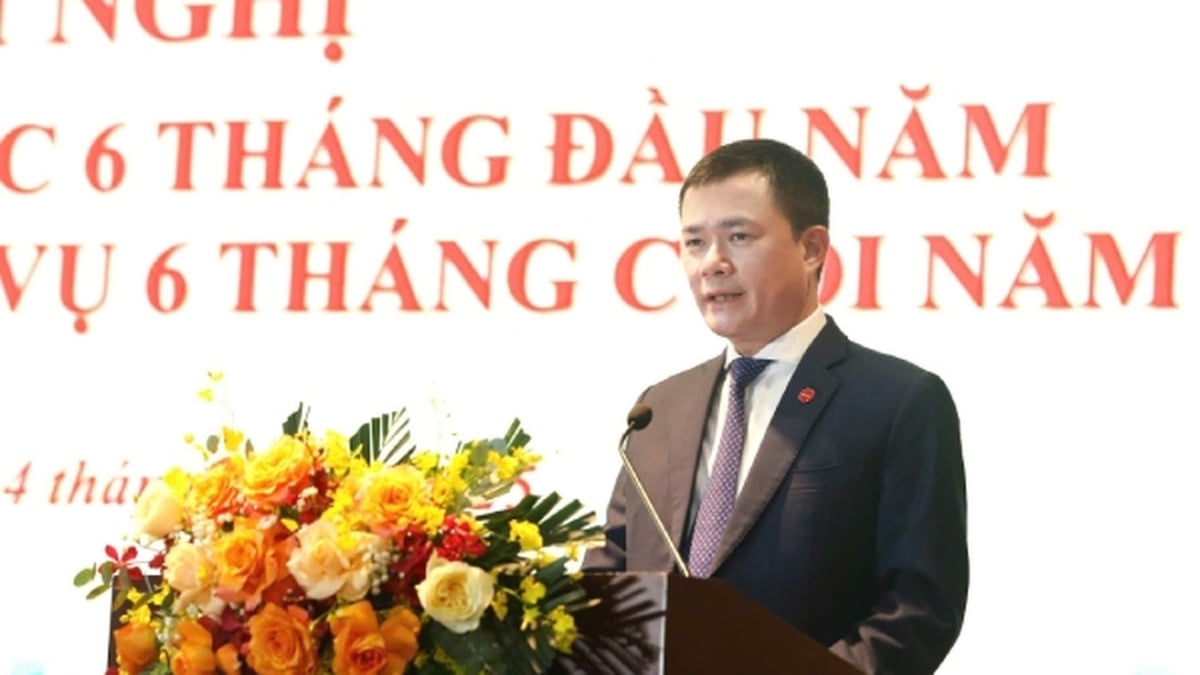
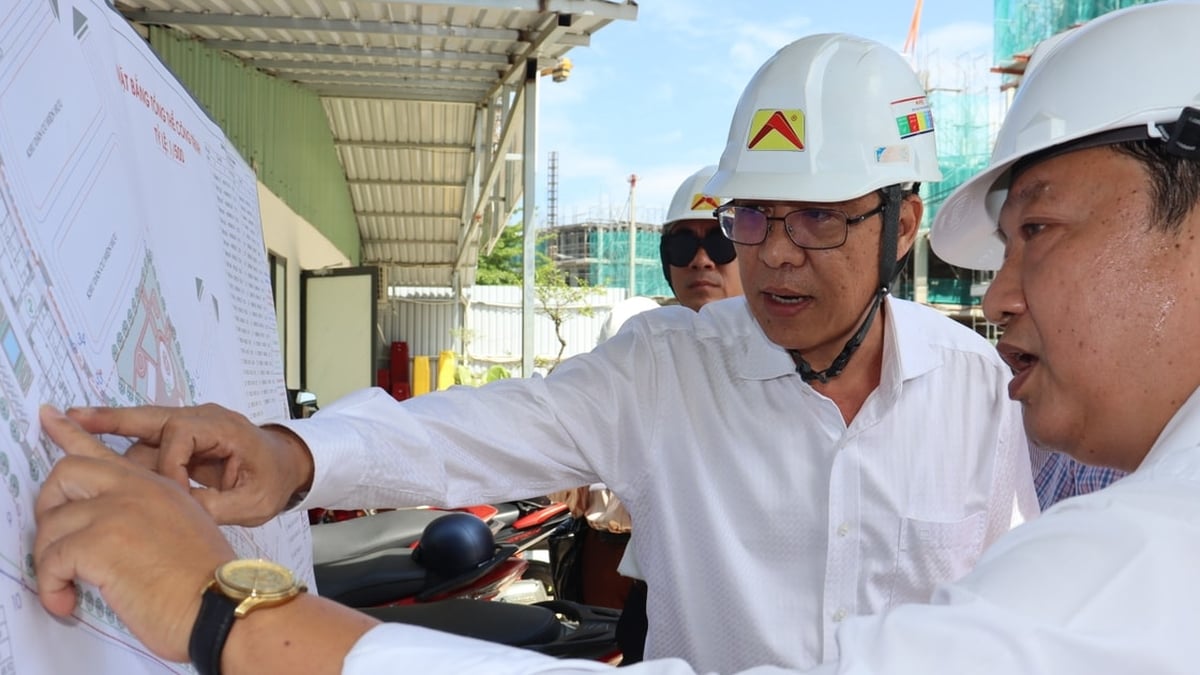
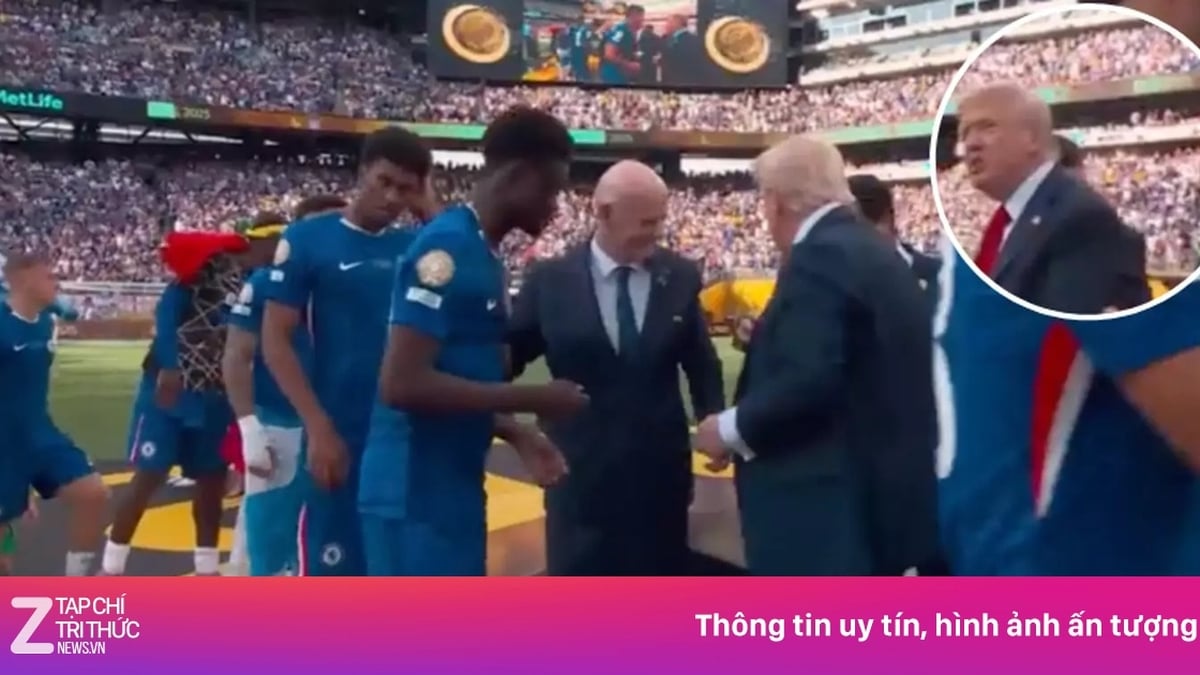
































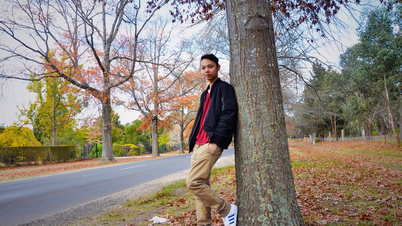

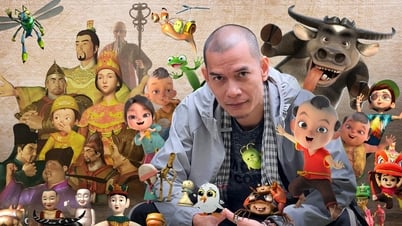
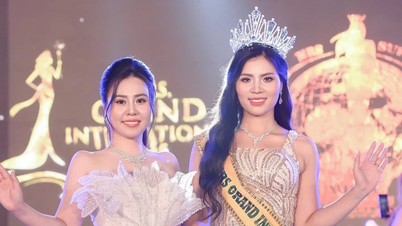
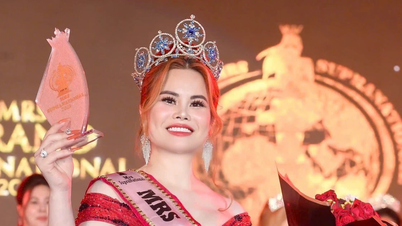






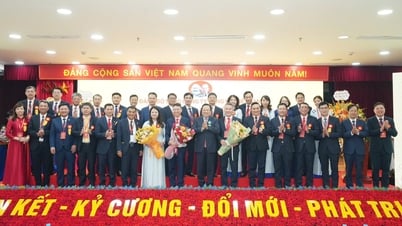



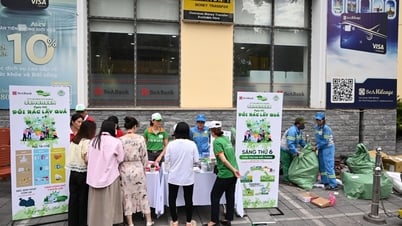


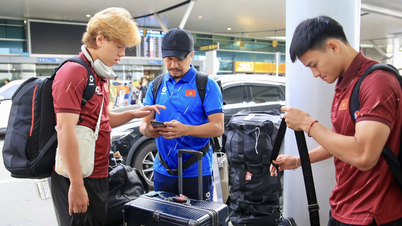



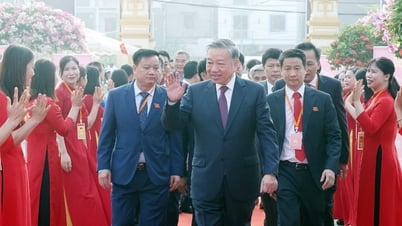

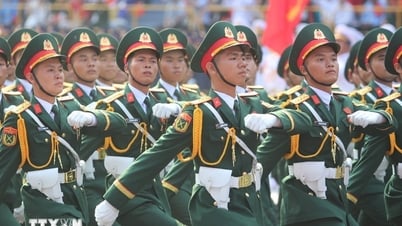






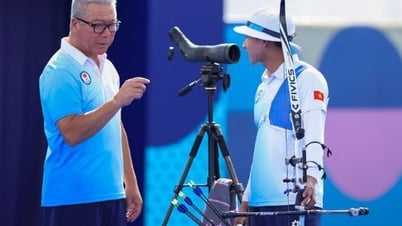
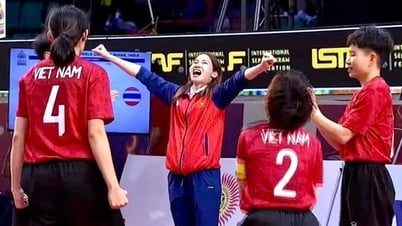
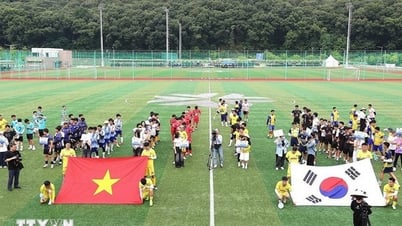
























Comment (0)